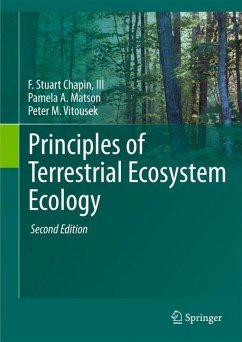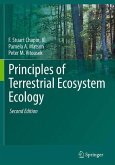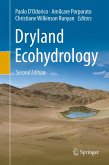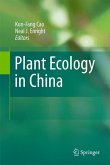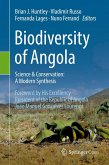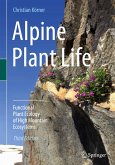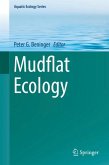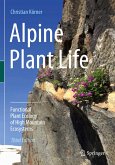Features review questions at the end of each chapter; Includes suggestions for recommended reading; Provides a glossary of ecological terms; Has a wide audience as a textbook for advanced undergraduate students, graduate students and as a reference for practicing scientists from a wide array of disciplines
Ecosystem ecology regards living organisms, including people, and the elements of their environment as components of a single integrated system. The comprehensive coverage in this textbook examines the central processes at work in terrestrial ecosystems, including their freshwater components. It traces the flow of energy, water, carbon, and nutrients from their abiotic origins to their cycles through plants, animals, and decomposer organisms. As well as detailing the processes themselves, the book goes further to integrate them at various scales of magnitude-those of the ecosystem, the wider landscape and the globe. It synthesizes recent advances in ecology with established and emerging ecosystem theory to offer a wide-ranging survey of ecosystem patterns and processes in our terrestrial environment.
Featuring review questions at the end of each chapter, suggestions for further reading, and a glossary of ecological terms, Principles of Terrestrial Ecosystem Ecologyis a vitally relevant text suitable for study in all courses in ecosystem ecology. Resource managers and researchers in many fields will welcome its thorough presentation of ecosystem essentials.
Hinweis: Dieser Artikel kann nur an eine deutsche Lieferadresse ausgeliefert werden.
Ecosystem ecology regards living organisms, including people, and the elements of their environment as components of a single integrated system. The comprehensive coverage in this textbook examines the central processes at work in terrestrial ecosystems, including their freshwater components. It traces the flow of energy, water, carbon, and nutrients from their abiotic origins to their cycles through plants, animals, and decomposer organisms. As well as detailing the processes themselves, the book goes further to integrate them at various scales of magnitude-those of the ecosystem, the wider landscape and the globe. It synthesizes recent advances in ecology with established and emerging ecosystem theory to offer a wide-ranging survey of ecosystem patterns and processes in our terrestrial environment.
Featuring review questions at the end of each chapter, suggestions for further reading, and a glossary of ecological terms, Principles of Terrestrial Ecosystem Ecologyis a vitally relevant text suitable for study in all courses in ecosystem ecology. Resource managers and researchers in many fields will welcome its thorough presentation of ecosystem essentials.
Hinweis: Dieser Artikel kann nur an eine deutsche Lieferadresse ausgeliefert werden.
Reviews of the first edition: "This textbook includes 16 chapters, each ending with a summary, review questions and references to additional readings. ... It is especially characterized by the great importance (250 pp.) which is attributed to abiotic aspects of ecosystem ecology and to production processes as well as nutrient cycling ... . All these chapters are structured in an excellent and well organized way. ... Altogether, the authors have well succeeded in writing a comprehensive textbook, mainly for graduate students." (Angelika Schwabe, Phytocoenologia, Vol. 34 (3), 2004) "This comprehensive textbook outlines the central processes that characterize terrestrial ecosystems, tracing the flow of water, carbon, and nutrients from their abiotic origins to their cycles through plants, animals, and decomposer organisms. ... This book synthesizes current advances in ecology with established theory to offer a complete survey of ecosystem pattern and process in the terrestrial environment. ... suitable for use in all courses on ecosystem ecology. Resource managers, land use managers, and researchers will also welcome its thorough presentation of ecosystem essentials." (Ethology, Ecology & Evolution, Vol. 15 (4), 2003) From the reviews of the second edition: "An outstanding textbook which, after definitions, sets the stage with primers on Earth's climate system and geological processes. What follows is a magisterial and comprehensive account of the movements of water, energy, carbon and nutrients though natural systems. ... authors delve into the finer detail and explain how biological processes can have important modulating effects through space and time. ... The book is well written throughout and punctuated with excellent colour illustrations; no-one from undergraduates to established researchers can fail to learn something from it." (Frontiers of Biogeography, Vol. 3 (3), 2011)

